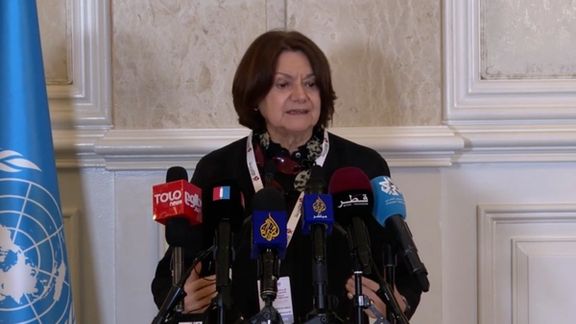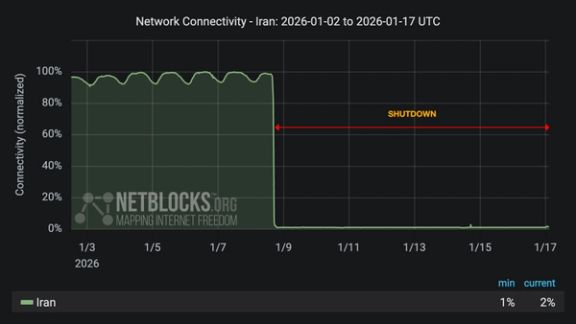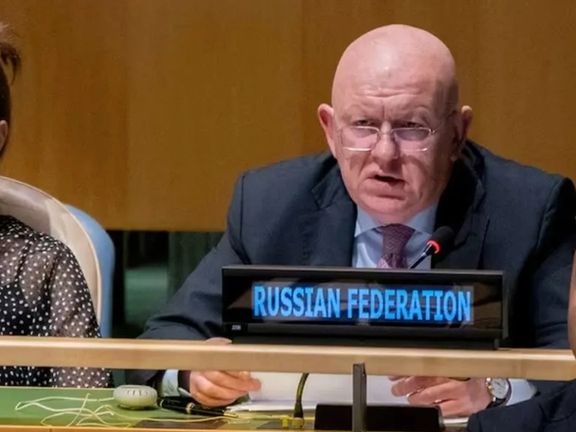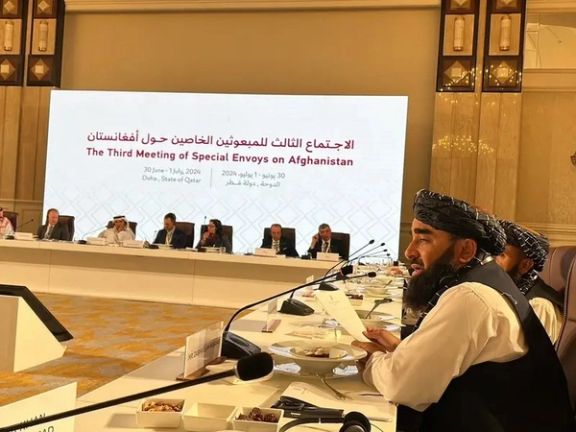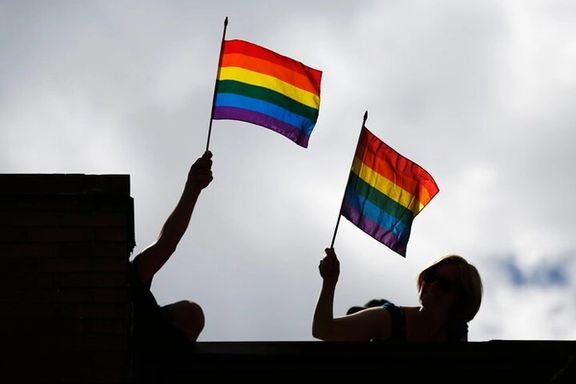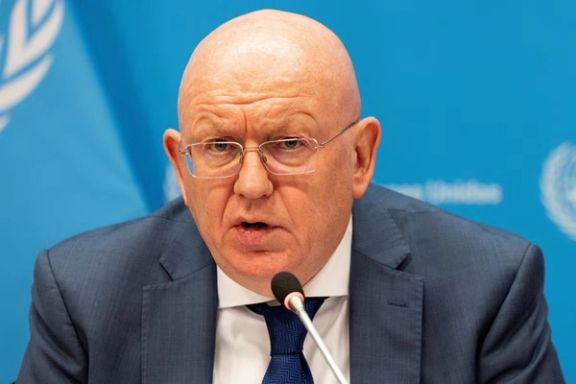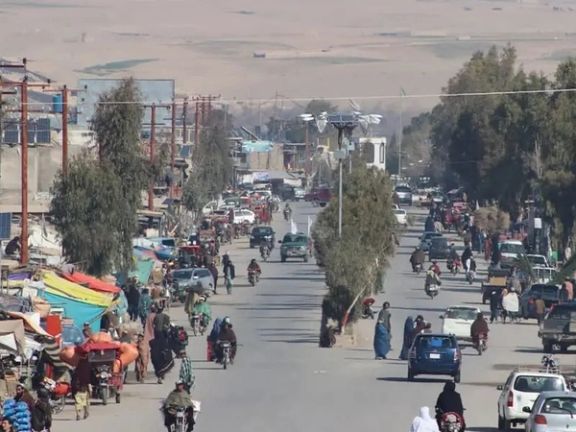DiCarlo told Afghanistan International that while this topic was discussed at the Doha meeting, no decision was made.
In an interview with Maryam Rahmati, Afghanistan International's reporter in Qatar, the UN Under-Secretary-General for Political and Peacebuilding Affairs stated that there was no agreement to lift sanctions against the Taliban.
She explained that lifting sanctions is not within the UN's authority but is a decision made by individual countries.
Zabihullah Mujahid, the Taliban spokesperson and head of the group's delegation at the Doha meeting, had written on the X social media platform that there was a "commitment to remove economic and banking restrictions”. However, DiCarlo clarified, "We only discussed sanctions. The Taliban expressed their concerns about the impact of sanctions on the private sector and the issue of narcotics."
Status of Women "Not a Domestic Issue"
The Taliban refuse to discuss women's rights and freedoms, including the right to education and work, and the inclusivity of the government, claiming these are internal issues and part of "Afghan culture”.
DiCarlo stressed that "these are not domestic issues. Afghanistan has signed international conventions over the years and must adhere to them”.
Regarding the inclusion of women in future meetings, DiCarlo noted that the decision is not within her authority. She urged the Taliban to go beyond the issue of drug control and address women's and girls' participation and ethnic group equality.
DiCarlo refrained from commenting on "gender apartheid," stating that the topic was not discussed at the Doha meeting as it is a legal issue. However, various other issues, including girls' education and Afghanistan's social diversity, were raised.
Narcotics and Alternative Cultivation
DiCarlo described the Taliban's statements at the session as "convincing," noting that the group has made significant progress in fighting drug trafficking. Yet, she acknowledged that there are challenges in providing alternative crops and treating addiction.
The Taliban expects help from the international community and the UN to introduce alternatives to poppy cultivation in Afghanistan.
The Doha meeting took place on June 30 and July 1, with representatives from regional and global countries, as well as a Taliban delegation, in attendance.
The UN has faced significant criticism for excluding women and civil society activists from the meeting and ignoring Afghanistan's political factions.
